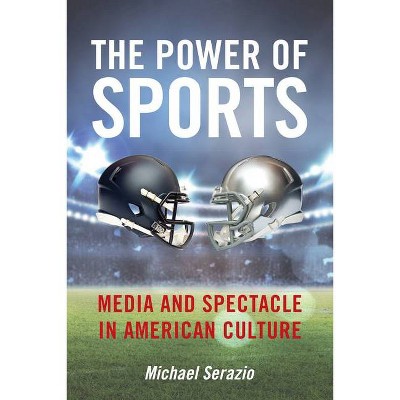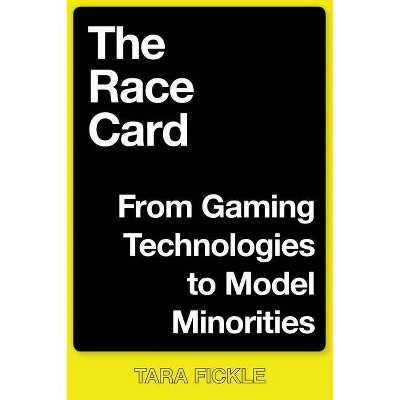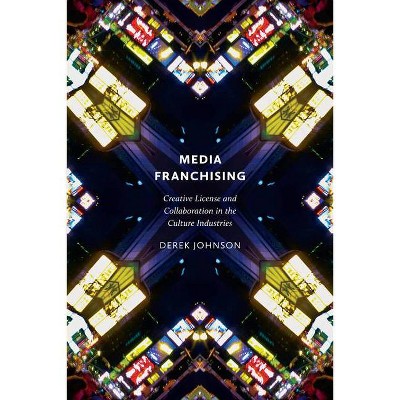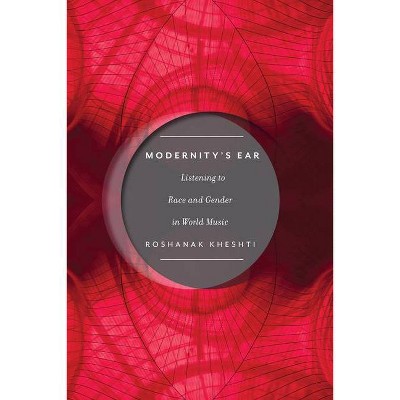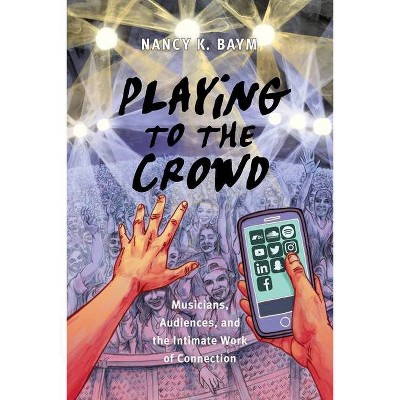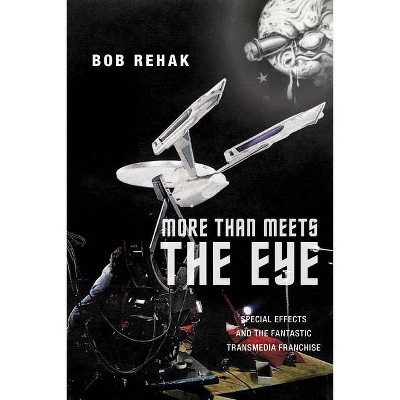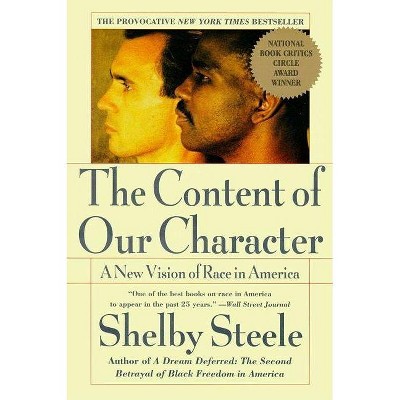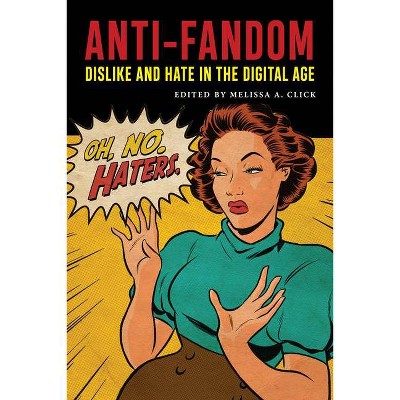The Content of Our Caricature - (Postmillennial Pop) by Rebecca Wanzo (Hardcover)

Similar Products
Products of same category from the store
AllProduct info
<p/><br></br><p><b> About the Book </b></p></br></br>""The Content of Our Caricature" is an in-depth exploration of African American comic art and its relationship to political belonging"--<p/><br></br><p><b> Book Synopsis </b></p></br></br><p><b><i>Winner, 2021 Katherine Singer Kovács Book Award, given by the Society for Cinema and Media Studies</i></b> <p/><i><b>Winner, 2021 Will Eisner Comic Industry Awards for Best Academic/Scholarly Work<br></b><br><b>Honorable Mention, 2021 Harry Shaw and Katrina Hazzard-Donald Award for Outstanding Work in African-American Popular Culture Studies, given by the Popular Culture Association</b></i> <p/><i><b>Winner, 2020 Charles Hatfield Book Prize, given by the Comic Studies Society</b><br></i><br><b>Traces the history of racial caricature and the ways that Black cartoonists have turned this visual grammar on its head</b> <p/>Revealing the long aesthetic tradition of African American cartoonists who have made use of racist caricature as a black diasporic art practice, Rebecca Wanzo demonstrates how these artists have resisted histories of visual imperialism and their legacies. Moving beyond binaries of positive and negative representation, many black cartoonists have used caricatures to criticize constructions of ideal citizenship in the United States, as well as the alienation of African Americans from such imaginaries. <i>The Content of Our Caricature </i>urges readers to recognize how the wide circulation of comic and cartoon art contributes to a common language of both national belonging and exclusion in the United States. <p/>Historically, white artists have rendered white caricatures as virtuous representations of American identity, while their caricatures of African Americans are excluded from these kinds of idealized discourses. Employing a rich illustration program of color and black-and-white reproductions, Wanzo explores the works of artists such as Sam Milai, Larry Fuller, Richard "Grass" Green, Brumsic Brandon Jr., Jennifer Cruté, Aaron McGruder, Kyle Baker, Ollie Harrington, and George Herriman, all of whom negotiate and navigate this troublesome history of caricature. <i>The Content of Our Caricature </i>arrives at a gateway to understanding how a visual grammar of citizenship, and hence American identity itself, has been constructed.</p><p/><br></br><p><b> Review Quotes </b></p></br></br><br>Wanzo, like the artists she investigates, reframes caricature so that we might see and read it differently. Because to not see caricature, as Wanzo powerfully concludes, 'will always be a sign of forgetting the monstrosity crafted by historical injuries, a weight carried by all black people perpetually in the wake--and on the brink--of real political change.-- "INKS"<br><br>[Wanzo] offers a brilliant, concisely written excursion into the fraught nature of African American comic art.-- "Choice"<br><br>A singular achievement. Rebecca Wanzo gives shape to new and necessary ways of understanding the development of comic art in the United States that also resonate with broader conversations about blackness and visual narrative. Her study delves into the ambivalent expressions of citizenship, identity, and power that are central to how cartoonists picture race. Along the way, Wanzo bridges aesthetics and cultural theory through expert readings of editorial comics and newspaper strips, superhero serials, underground comix, historical graphic novels, and more.--Qiana Whitted, co-editor of <i>Comics and the U.S. South</i><br><br>From underground comix to <i>Boondocks</i>, <i> </i>Wanzo brilliantly treats moments in the history of caricature and demonstrates anew how popular culture has perpetuated and popularized generations of grotesque imagery. Wanzo's gift is in the singular way she reads African American cartoonists who themselves redeployed and engaged the visual grammar of caricature while also interrogating American citizenship. An authoritative, nuanced book.--Jared Gardner, author of <i>Projections: Comics and the History of Twenty-First Century Storytelling</i><br><br>The text does a good job at connecting the historical cartoon archive and its stereotypical visual representations of Blacks to current events [...] <i>The Content of Our Caricature</i> invites the reader to a more complex reading of Black representations in caricature that transcends the tendency towards binary oppositions-- "Visual Studies"<br>
Price History
Price Archive shows prices from various stores, lets you see history and find the cheapest. There is no actual sale on the website. For all support, inquiry and suggestion messagescommunication@pricearchive.us
